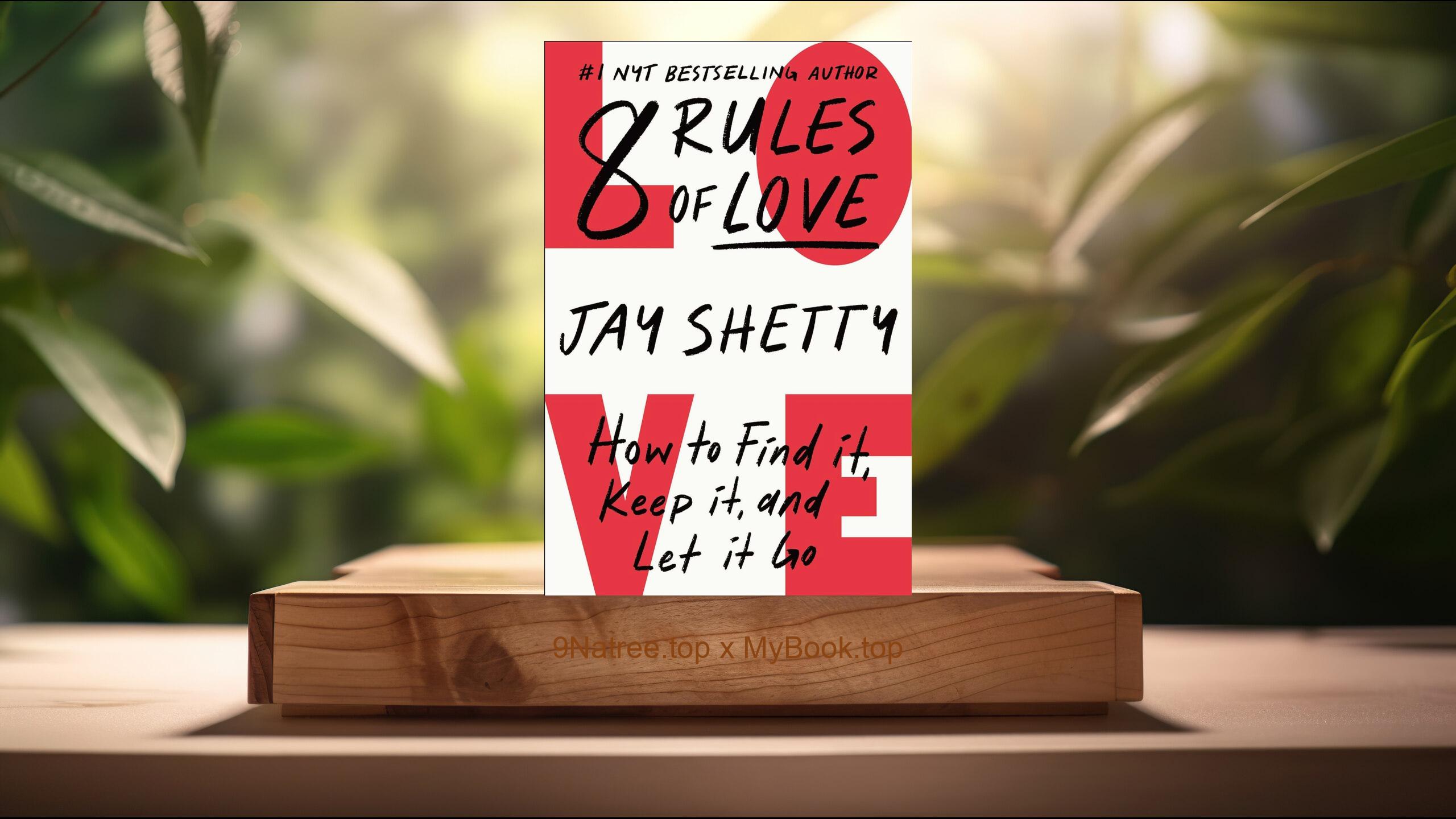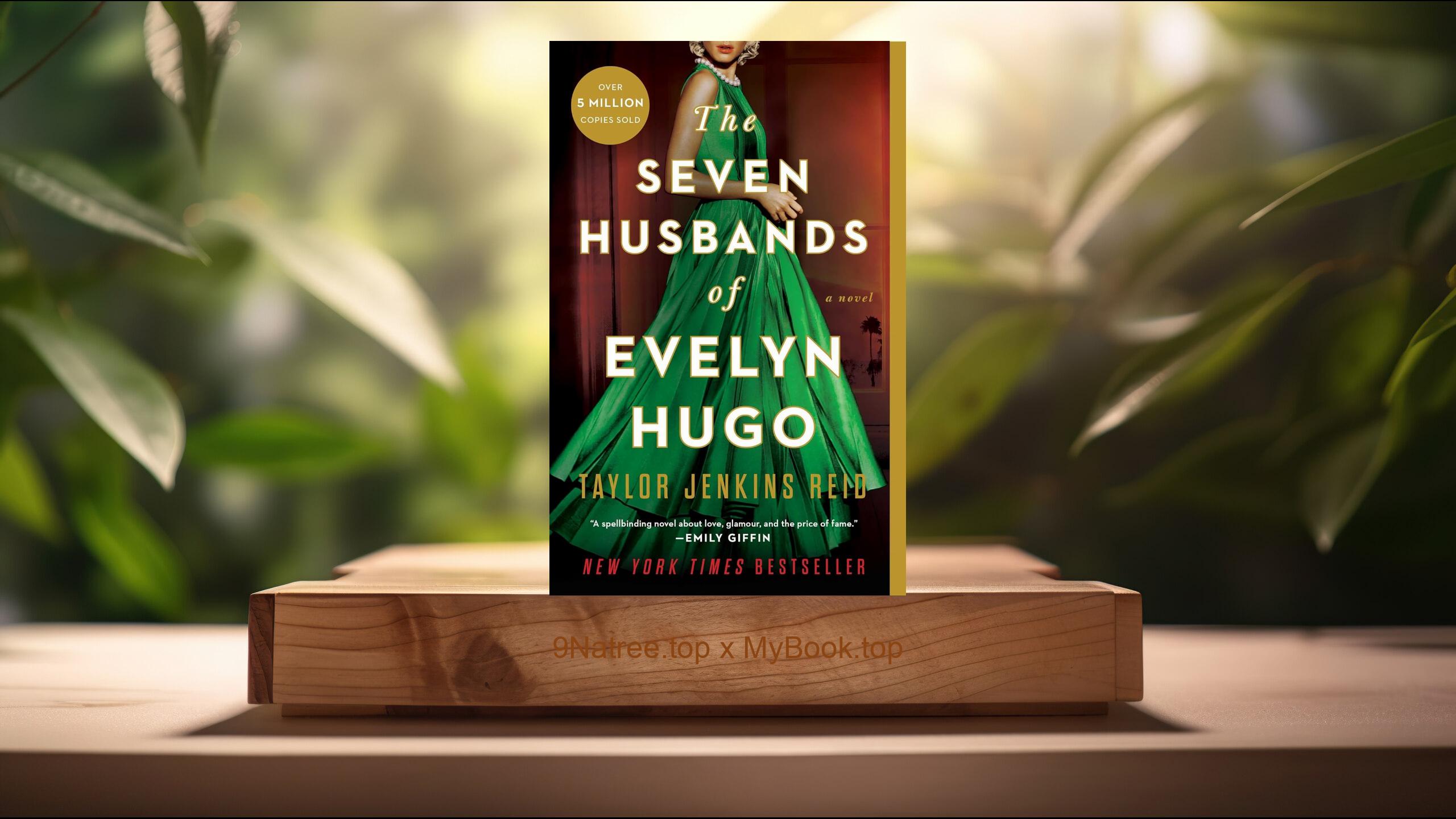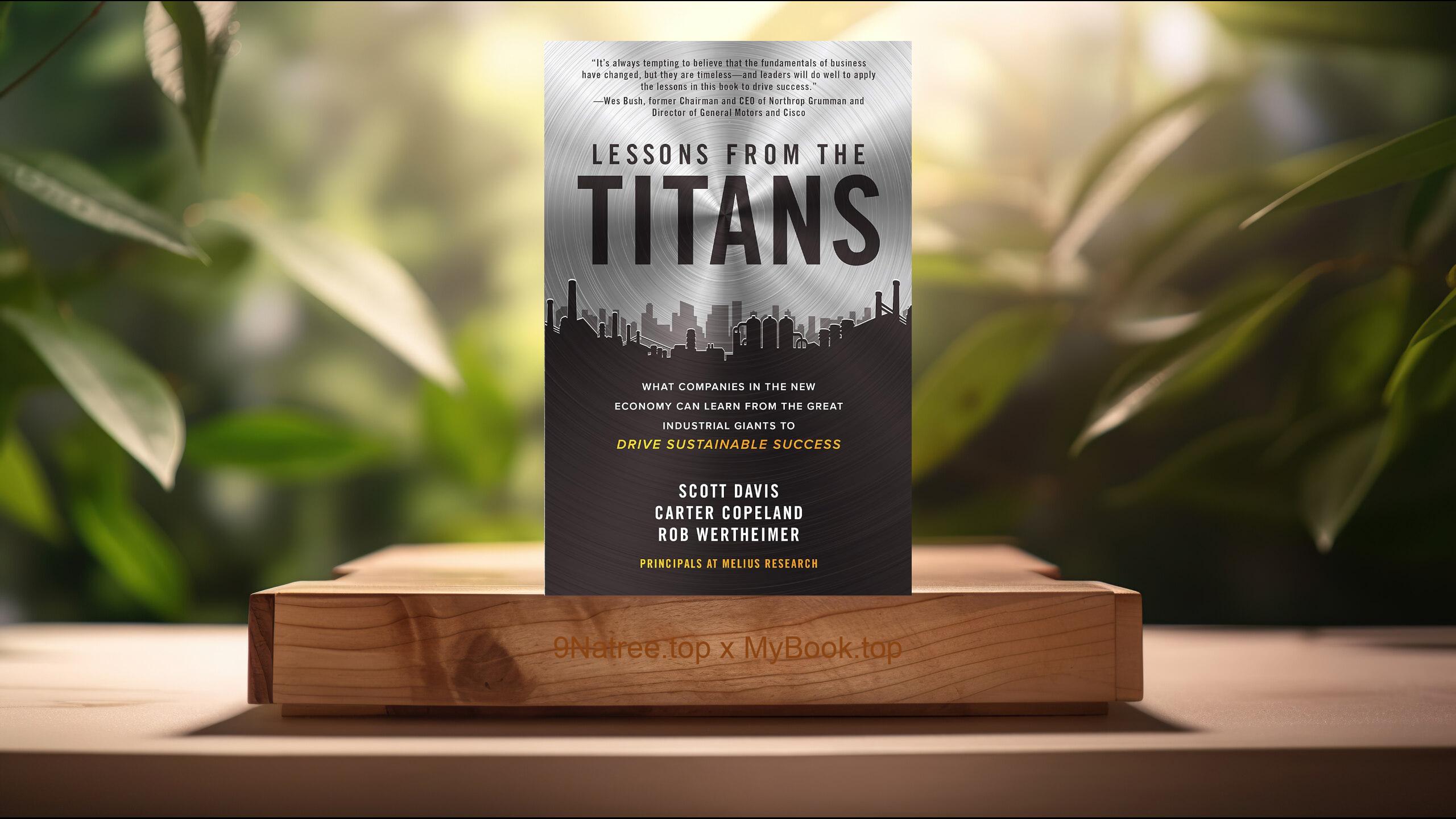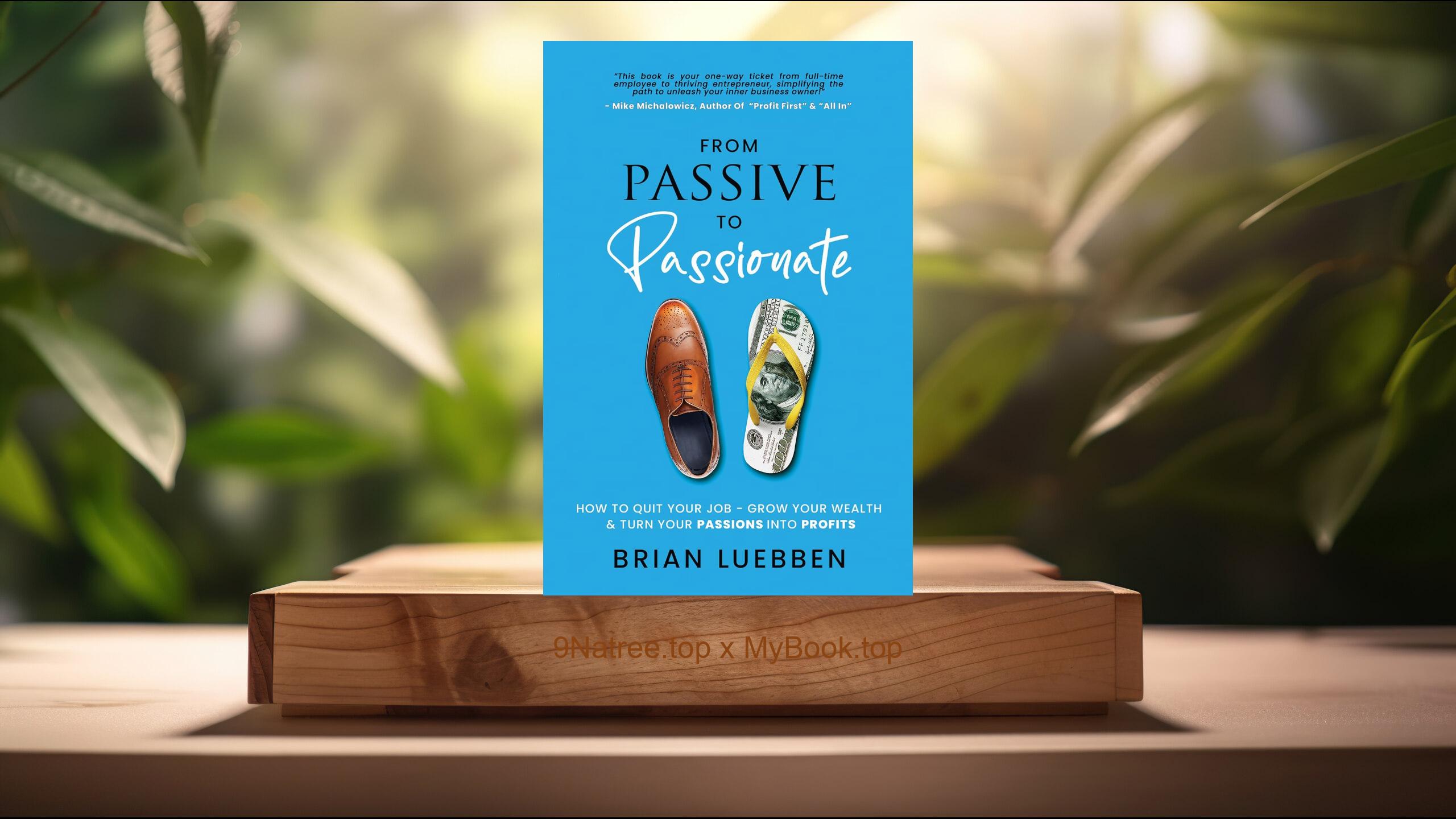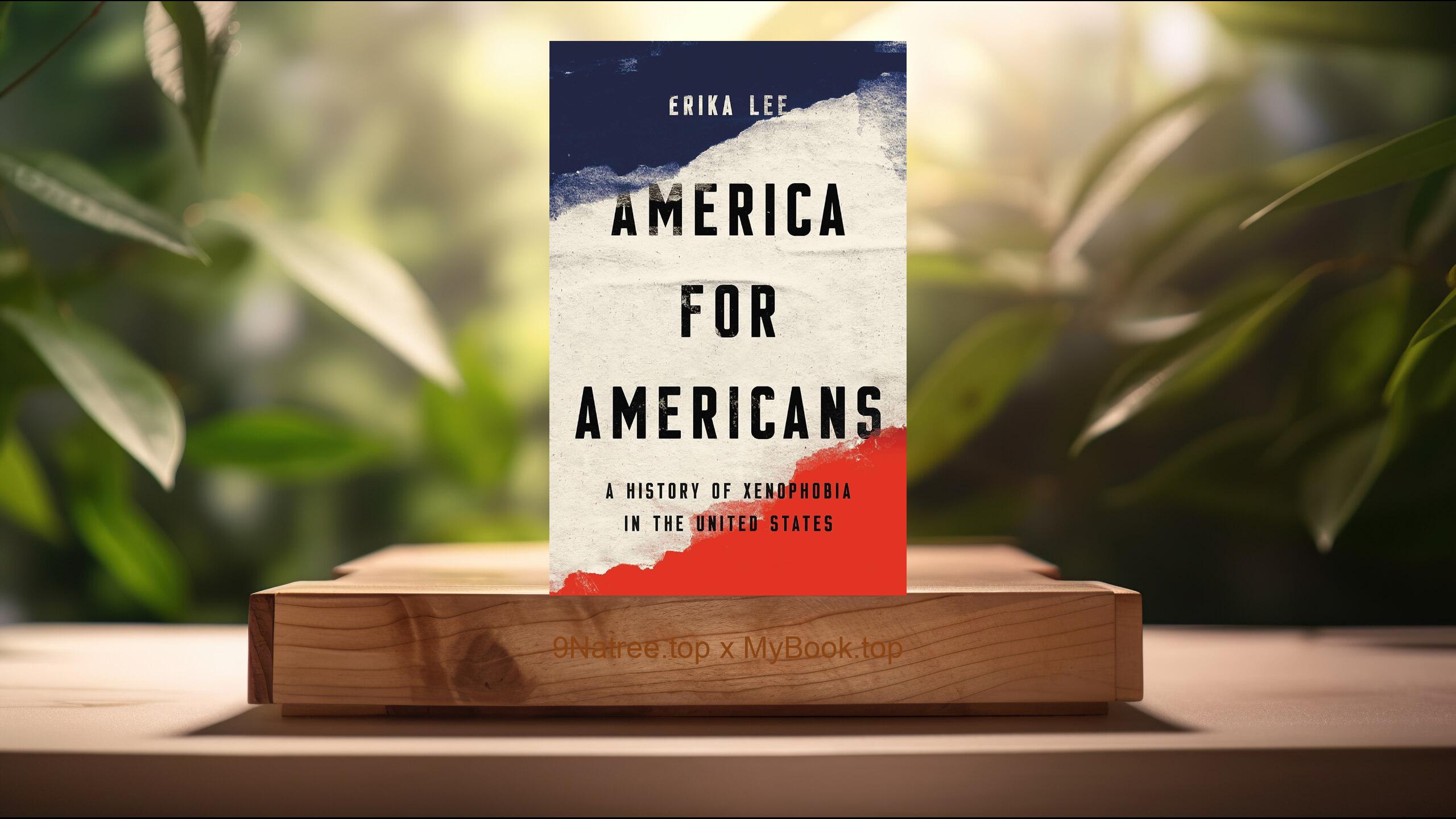Show Notes
Amazon Books: https://www.amazon.com/dp/B08BZVKX75?tag=9natree-20
Apple Books: https://books.apple.com/us/audiobook/how-to-not-die-alone-unabridged/id1548405573?itsct=books_box_link&itscg=30200&ls=1&at=1001l3bAw&ct=9natree
Read more: https://mybook.top/read/B08BZVKX75/
#datingpsychology #attachmenttheory #relationshipadvice #modernlove #decisionmakinginlove #navigatingdatingapps #communicationinrelationships #findinglove #HowtoNotDieAlone
These are takeaways from this book.
Firstly, Understanding Your Dating Tendencies, Logan Ury categorizes daters into three primary tendencies: the Romanticizer, the Maximizer, and the Hesitator. The Romanticizer harbors unrealistic expectations of relationships, often believing in 'the one' and that love should be effortless. Maximizers, in contrast, seek the absolute best option, leading them to endlessly swipe in pursuit of someone better, often resulting in decision paralysis. Hesitators wait for the 'perfect time' to date, which, inevitably, never arrives. Ury emphasizes the importance of self-awareness in understanding these tendencies. By identifying one's own pattern, individuals can begin to actively work against these self-sabotaging behaviors, opening themselves up to more genuine connections.
Secondly, The Science of Attachment, Ury delves into attachment theory to help readers understand how their early relationships with caregivers shape their approach to adult romantic relationships. The three main attachment styles—secure, anxious, and avoidant—affect how individuals behave in relationships, from communication to dealing with conflict. Secure individuals tend to have healthier, more stable relationships, while anxious and avoidant individuals may struggle with insecurities and a fear of intimacy, respectively. Understanding one's attachment style is crucial, as it allows for the recognition of unhealthy patterns. With this insight, individuals can work towards securing healthier attachments in their relationships, thereby increasing the chance of finding and maintaining love.
Thirdly, Decision Making in Love, Decision-making processes significantly impact our romantic lives, and Ury offers insights into overcoming the overwhelmed feeling that often accompanies the vast choice available in modern dating. Highlighting the paradox of choice, she suggests that too many options can lead to dissatisfaction and inertia. To counteract this, Ury recommends adopting a 'satisficing' approach—searching until you find an option that meets your criteria, rather than endlessly seeking the best possible option. This strategy helps individuals focus on what truly matters in a partner, leading to more fulfilling and meaningful relationships.
Fourthly, Building a Relationship, Once a relationship begins, the work doesn't stop there. Ury outlines strategies for building and maintaining healthy relationships, focusing on communication, vulnerability, and conflict resolution. She explores the importance of setting and respecting boundaries, active listening, and expressing needs and feelings openly. Ury stresses that relationships are not about perfection but about growth, learning, and mutual support. These skills not only help couples navigate the ups and downs of a relationship but also enrich their connection, creating a deeper, more satisfying partnership.
Lastly, The Role of Technology in Love, In today's digital age, technology plays a significant role in dating and relationships. Ury examines the impact of dating apps and social media, discussing both the opportunities and challenges they present. While technology facilitates connections that might not otherwise be possible, it can also contribute to a sense of overwhelm and commodification of partners. Ury offers guidance on how to use technology mindfully, emphasizing the importance of moving from online interactions to in-person connections as soon as possible. By adopting a more intentional approach to online dating, individuals can leverage technology as a tool for finding love, rather than letting it dictate their love life.
In conclusion, How to Not Die Alone' is a must-read for anyone navigating the complex world of modern love, whether they're single, in a relationship, or anywhere in between. Logan Ury combines the latest research with practical advice to guide readers towards developing healthier, more fulfilling romantic connections. This book not only aids in understanding one's own dating behaviors and attachment styles but also provides valuable insights into making informed decisions and building lasting relationships. It's particularly beneficial for those feeling overwhelmed by the dating scene, struggling with commitment, or seeking to deepen their current relationship. Ultimately, Ury's work offers something invaluable: hope, and the tools necessary to find and nurture love in an increasingly disconnected world.
![[Review] How to Not Die Alone (Logan Ury) Summarized](https://episodes.castos.com/660078c6833215-59505987/images/1749536/c1a-085k3-60kx0x8rt96v-oxaaag.jpg)
